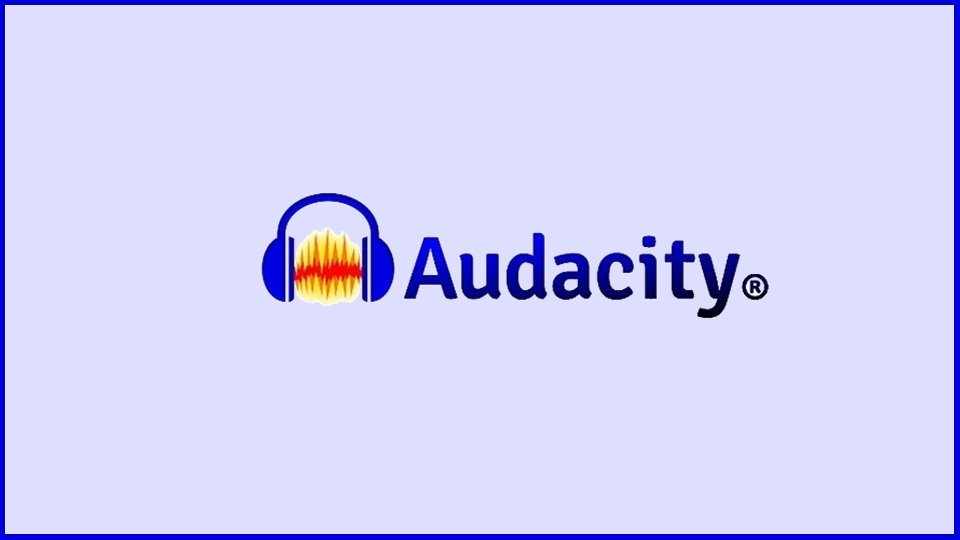Recent changes to Audacity's privacy policy have led some users to call the audio editing software spyware. The open-source software collects user data for “app analytics” to “improve the application” as well as “for data disclosure requests to authorities”.

The privacy policy was updated on July 2, following the acquisition of Audacity by the Muse Group in April. Muse Group also has the Ultimate app Guitar and MuseScore. The new policy states that Muse Group collects details about users' operating system version, processor, country of base the IP address, reports and error codes. According to the policy, the processing of this data is for the “legitimate interest” of the company “to offer and ensure the proper functioning of the application.”
However, the data it collects on "authority data disclosure requests" is more vague. According to the policy, Muse Group will collect “data necessary for law enforcement (if any).” May share personal data with “any competent law enforcement, regulatory, governmental body, court or any other third party where we believe disclosure is necessary”.
Users' personal data is stored on European Economic Area (EEA) servers, but this does not make sense, as anyone can access it. However, the Muse Group states that "occasionally we are required to disclose your personal information to our headquarters in Russia and to our external consultant in the United States."
The policy states that users' IP addresses are "stored in an identifiable manner" for one day before being encrypted. This leaves users open to recognition from the beginning.
Several other points in the privacy policy have raised many questions in the public, such as the ban on the use of Audacity for people under 13 years of age. This, of course, violates the license under which the Audacity application is distributed. The General License prohibits restrictions on the use of software.
Of course Audacity users who value the privacy of teenagers who play with sound are waiting some fork, a new version of the source-based application. It would not be surprising to see the community create a clone of Audacity in this direction.






Too bad I was getting ready to start a revolution with audacity. now what are we doing;